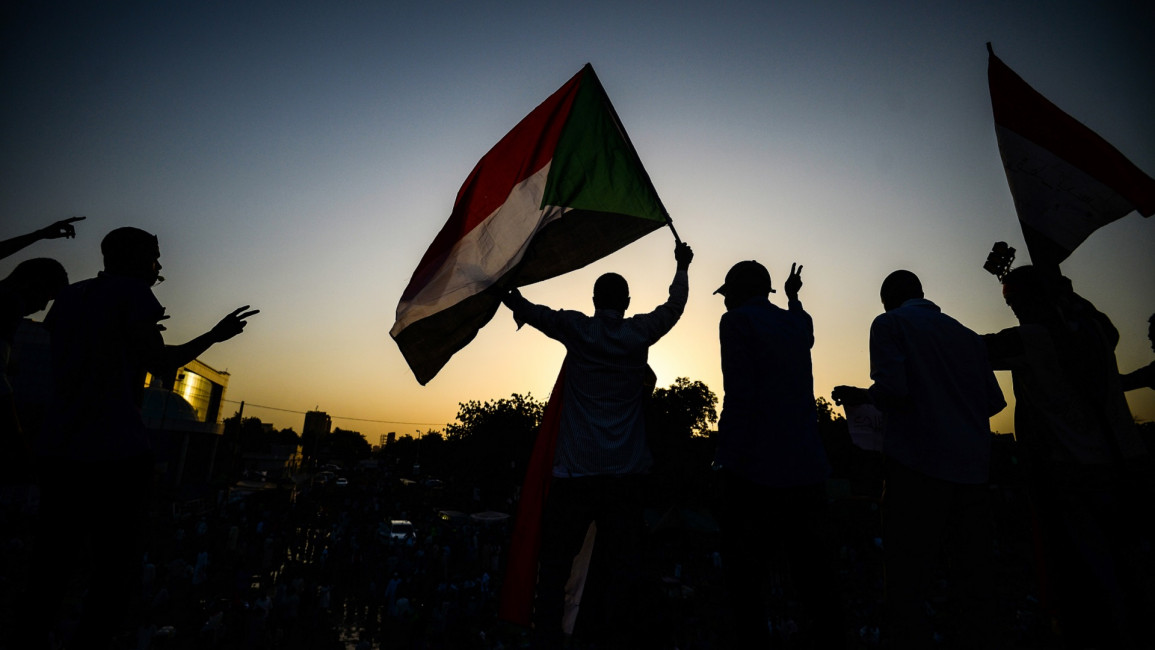US says Sudan military council must reach agreement with protesters
The United States pressed Sudan's military leader Wednesday to reach an agreement with protesters, who have threatened a disobedience campaign unless there is a transfer to civilian rule.
Deputy Secretary of State John Sullivan spoke by telephone with General Abdel Fattah al-Burhan, the chairman of the military council, and voiced support for "the Sudanese people's aspirations for a free, democratic and prosperous future," the State Department said.
Sullivan encouraged the military leader to "move expeditiously toward a civilian-led interim government" and to reach an agreement with the Alliance for Freedom and Change protest group.
He called on the military council to "respect the human rights of all persons" and to "allow peaceful protest and the freedom of expression consistent with Sudan's human rights obligations," State Department spokeswoman Morgan Ortagus said in a statement.
Thousands of people remain camped outside the military's headquarters in Khartoum nearly a month after the army sacked veteran autocratic leader Omar al-Bashir, a key demand in the protests sparked by rising bread prices and fueled by young people.
Military leaders said late Tuesday that they had agreed overall to a proposal by protesters to set up a civilian structure but had "many reservations" -- leading demonstrators to accuse the council of delaying the transfer of power.
Tibor Nagy, the top US diplomat for Africa, said that Washington was in touch with all sides in Sudan.
"Our fundamental policy is that we want to support what the Sudanese people want," Nagy told reporters.
He was speaking in Washington at a first-of-its-kind strategic dialogue with Kenya, which Nagy called "one of our key and most important partners" anywhere in the world.
Monica Juma, Kenya's cabinet secretary for foreign affairs, hailed Sudan's protesters as "really responsible" for being both "peaceful" and "patient."
"We believe that the Sudanese themselves should forge the future of their country, and that is what our message to Sudan has been," she said.
"We called on all parties to act with restraint. We still do that -- because it is important that this process evolves in a peaceful manner."
President Bashir was toppled by a military coup on 11 April, following widespread protests against his rule. Following the coup, the US said that Sudan will not be removed from its list of state sponsors of terrorism until a peaceful transition of power had taken place.
Prior to his ouster, The Trump administration had slowly been mending relations with Bashir after decades of tension between Sudan and the US.



